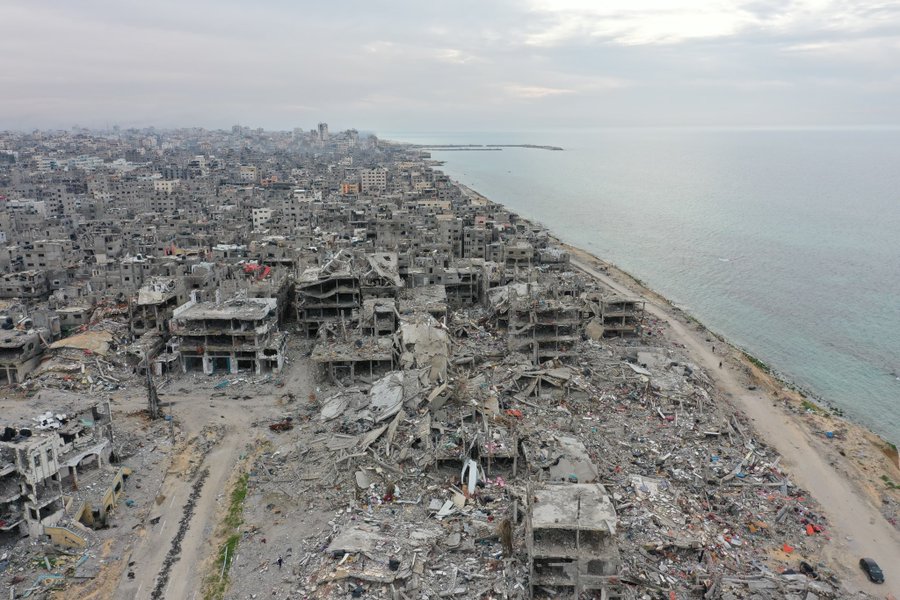The 61st Commission on the Status of Women
The 61st Commission on the Status of Women (CSW) took place from March 13th – 24th at the United Nations Headquarters in New York, NY. A convening of over 1,000 NGOs, both national and international, along with delegates of member states, and wonderful UNA-USA delegates, the conference is an enriching, global experience. This year’s focus was on women’s economic empowerment and the empowerment of indigenous women.
Economic empowerment has been identified as the focus for social change. Terror-stricken groups both in geographical and social lenses have a factor in common: a weak economy. If the structure of the labor market has gaps and economic policies are subconsciously biased by traditional norms on gender inequality, people suffer. Especially, the women. Therefore, the focus has been on uplifting the woman to the same level as the man in society by shedding light on her role as a working woman, a caregiver, a provider, and a leading authority of the household. Beyond it, too.
Education is present wherever there is social change in action. At CSW61, the way economic empowerment is being integrated into communities on the local, regional, and global level was showcased and discussed through panels. Panelists included NGO leaders and directors and founders of corporations that have departments focused on working towards Agenda 2030, such as Unilever. Permanent Ambassadors to the UN from various member-states were also guests and speakers. Sitting among panelists and conversing in the dialogue being presented opened my eyes about the social issues that have no barriers. Femicide, FGM, human trafficking, and the lack of resources available to young girls and women are problems found beyond the scope of just developing countries. They are found in developed countries as well, ranging from popular cities to suburban neighborhoods.
The overall effect of the 61st Commission on the Status of Women was unity. Although a pretty word for many areas of focus, unity is a powerful tool. No one leader has the same thought process and background as another. To bring together an international audience of changemakers in civil society composed of various opinions is not a small feat. The ideas discussed will be the seeds of change buried in rich soil of hope and determination, watered by the rains of transformation, to blossom into fruit of a world that is safe and healthy for all genders, all social groups, and all people.



